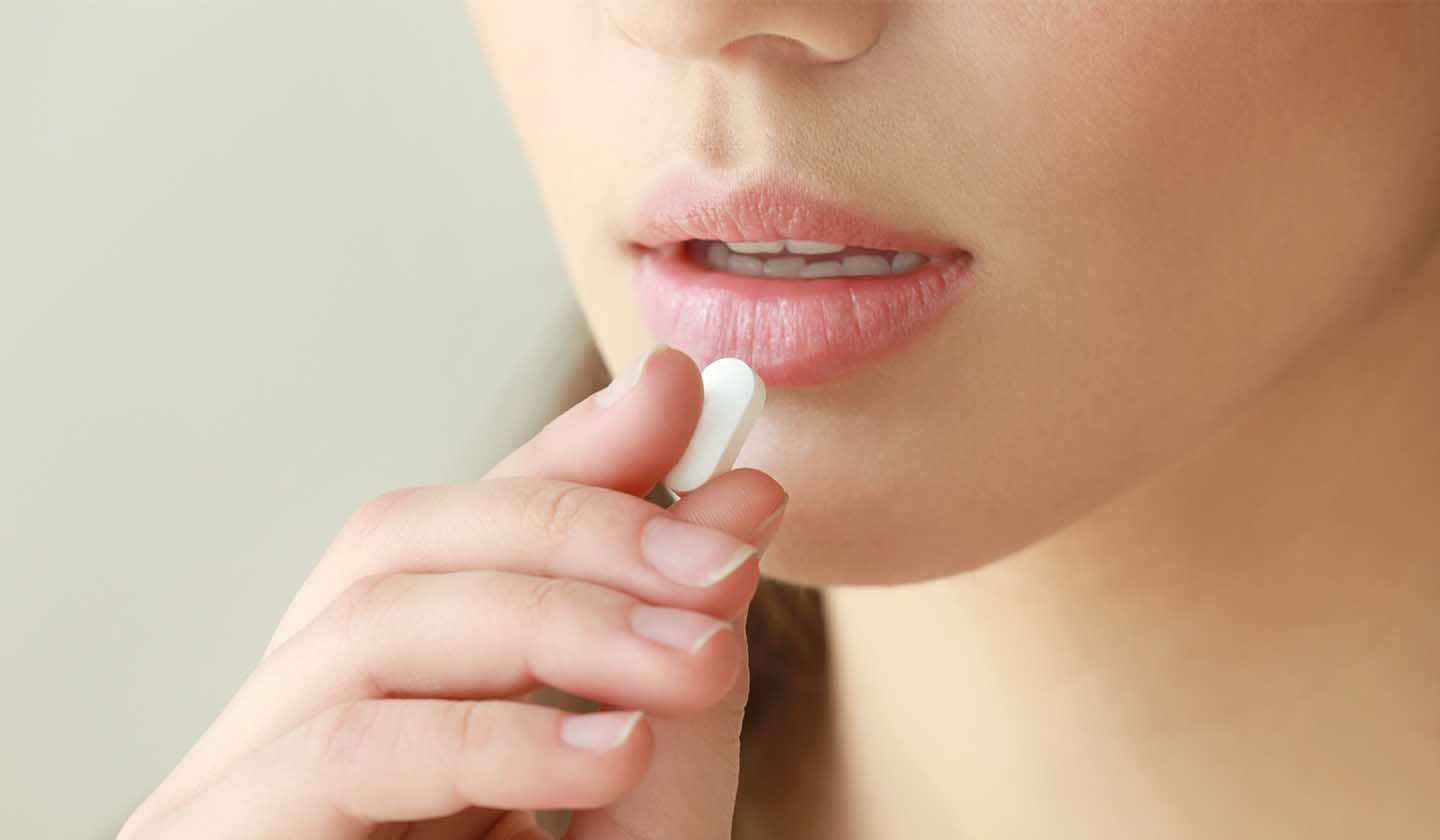Dermatology
Skin sensitivity to the sun - Walk away from the sun

The sun is essential to human life, contributing to our well-being and happiness, while promoting the synthesis of vitamin D. However, excessive sun exposure without the necessary care can have a negative impact on our health, promoting skin ageing, skin cancer, sunburn, and photosensitivity.
Photosensitivity is increased skin sensitivity or an abnormal skin reaction to ultraviolet radiation from sunlight.
It may arise from the use of medicines, a medical condition, a genetic disease or as a result of using certain products and skin care.
This reaction can have different characteristics, and it is important to understand their main types and their causes:
- Polimorphic solar eruption: red plaques (lesions with a relief larger than 1 cm) accompanied by intense pruritus. They appear a few hours or days after sun exposure. More common in people who do not regularly expose to the sun, however it tends to disappear when the persons begin to expose themselves more regularly;
- Solar urticaria: it usually appears a few minutes after sun exposure and is characterised by large red papules (lesions of less than 1 cm diameter), accompanied by pruritus.
- Chemical photosensitivity: associated with taking certain medications or applying certain cosmetic products. It occurs after exposure to solar radiation. It can present various symptoms such as redness, inflammation, peeling, blisters, among others.
What causes photosensitivity?
A person may develop photosensitivity due to:
- Medicines;
- Diseases and medical conditions;
- Skin products.

Drug-induced photosensitivity
Some drugs are photosensitizing, that is, the drug reacts under the action of sunlight, causing a skin reaction. Some drugs are more susceptible than others to causing photosensitivity and the severity of the reaction also depends on the individual characteristics. Both oral and topical medications can cause photosensitivity reactions.
Some drugs that can cause photosensitivity and that require precautions when using them:
- Antibiotics (such as tetracyclines, Azithromycin, among others);
- Non-steroidal anti-inflammatory drugs (such as naproxen or ibuprofen);
- Retinol (for example Isotretinoin);
- Terbinafine.
Diseases and medical conditions:
Certain medical conditions, such as autoimmune diseases (for example lupus), psoriasis and rosacea, make the person more sensitive to the sun.
Skin products
Certain cosmetic products contain ingredients that decrease the skin's natural defences against sunlight. In the case of acne, it is common to use retinols, glycolic acid or benzoyl peroxide that act by removing the outermost layer of the skin, thus making the skin more sensitive to the action of the sun. Another ingredient is vitamin C, normally used as an antioxidant; it can decrease skin melanin, the skin's natural defence against solar radiation, thus increasing photosensitivity.
Treatment
The photosensitivity reaction should be treated in the same way as a sunburn. So, it is important to act quickly to relieve the symptoms:
- Move away from the sun;
- Have a cold-water bath/shower;
- Apply cold (but not ice cold) water compresses;
- You can apply thermal water on the affected area (as it softens and soothes the skin);
- Moisturise the affected skin with some specific post-sun exposure cream, lotion, or spray (without oil); preferably use one that contains aloe vera.
- Wear wide, light clothes;
- Increase your fluid intake (water or natural fruit juices without sugar to avoid dehydration);
- If you are in pain, you can take an analgesic (paracetamol) or anti-inflammatory (ibuprofen).
Prevention is the key...
Sometimes sun sensitivity can be prevented:
- Use hypoallergenic sunscreen with a high SPF (50+), suitable for the phototype and with protection against UVA and UVB rays (reapply frequently);
- If you are taking or applying any photosensitising medication, it is essential to apply a sunscreen appropriate to your face and body skin type.

Basic notions of sun protection
When we are at the beach or countryside, or when we go for a walk, there are some basic precaution to be taken:
- Avoid direct sun exposure, especially between 12 a.m. and 4 p.m.;
- Wear a wide-brimmed hat (as it helps protect face, ears, and neck);
- Wear sunglasses;
Sources
iSaúde
Farmácia Distribuição Magazine
Também lhe poderá interessar
Prevention and treatment
Whoever walks in the rain gets wet, but whoever walks in the sun doesn't have to get burnt
Prevention and treatment






